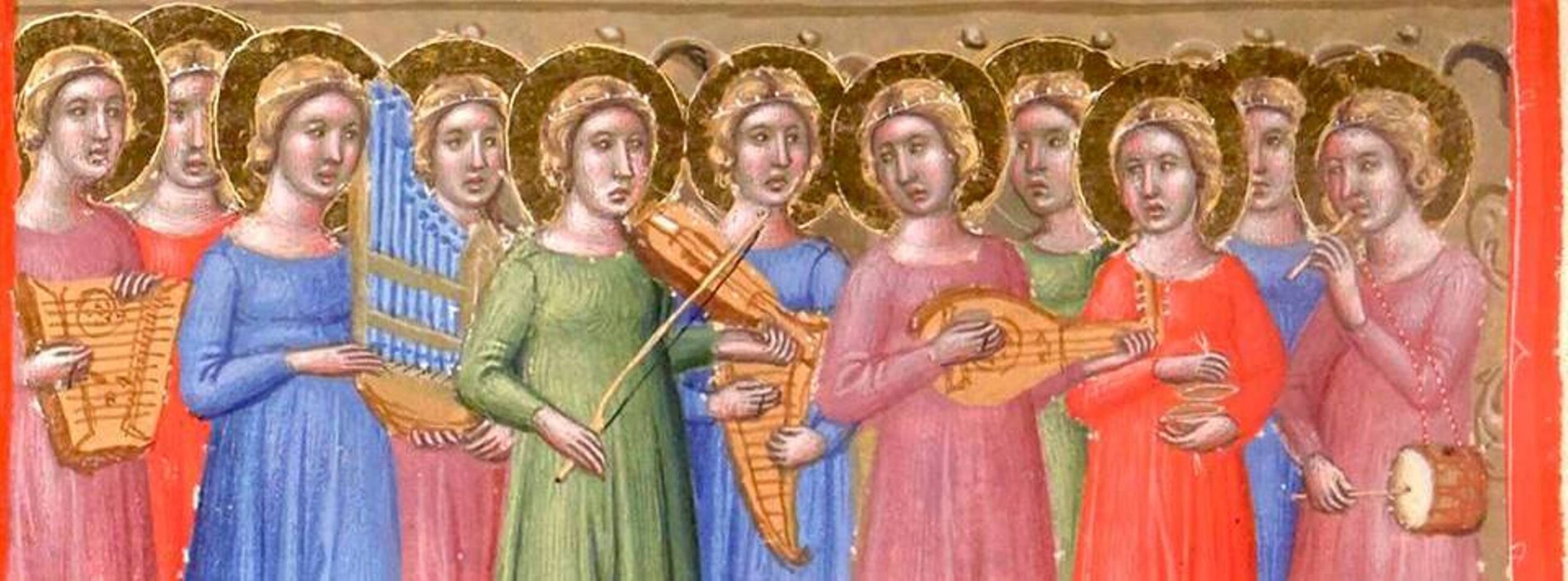 This may seem like surprising material. Indeed, this article started out as a bit of silliness based on a few farty fragments, but soon became a serious study when I uncovered the surprising historical meanings behind flatulence in the medieval, renaissance and baroque periods. A 17th century music society sang gleefully about it (for which there is a music video in this article); Thomas D’Urfey published several songs about it; and a buck does it in the earliest surviving piece of English secular polyphony. Plus there’s Geoffrey Chaucer, William Shakespeare, Jonathan Swift, Edward de Vere’s bottom burp in front of Queen Elizabeth, and farting musical marginalia. So rest your cheeks, wind down, and let rip with a brief history of farting.
This may seem like surprising material. Indeed, this article started out as a bit of silliness based on a few farty fragments, but soon became a serious study when I uncovered the surprising historical meanings behind flatulence in the medieval, renaissance and baroque periods. A 17th century music society sang gleefully about it (for which there is a music video in this article); Thomas D’Urfey published several songs about it; and a buck does it in the earliest surviving piece of English secular polyphony. Plus there’s Geoffrey Chaucer, William Shakespeare, Jonathan Swift, Edward de Vere’s bottom burp in front of Queen Elizabeth, and farting musical marginalia. So rest your cheeks, wind down, and let rip with a brief history of farting.
catch clubs
Baroque music: a brief tour of the extravagant last period of early music

a baroque cello, virginal, singer, violin, and French baroque lute.
The baroque period was a time of ornate decoration, extravagance and the rise of ever larger ensembles, giving rise to opera and the early orchestra. Dance music was as popular as ever, with the renaissance galliard giving way to the baroque sarabande, chaconne, and bourée. Public dancing was briefly in trouble, banned by the Puritans, during which John Playford started a remarkable series of English dance instruction books which outlived Puritan censoriousness. Singing styles among the cultural elite were florid and declamatory, while broadside ballads for the masses continued to be sung and sold in the streets. And, in private, John Playford and his companions met to sing about farting.
Baroque is the final period of early music (medieval, renaissance, baroque) and this is the last of 3 articles charting them. This article includes 15 illustrative videos for the music of Robert Johnson, John Blow, Tobias Hume, Thomas Arne, John Playford, Claudio Monteverdi, Jean-Baptiste Lully, and Johann Sebastian Bach (click blue links).
